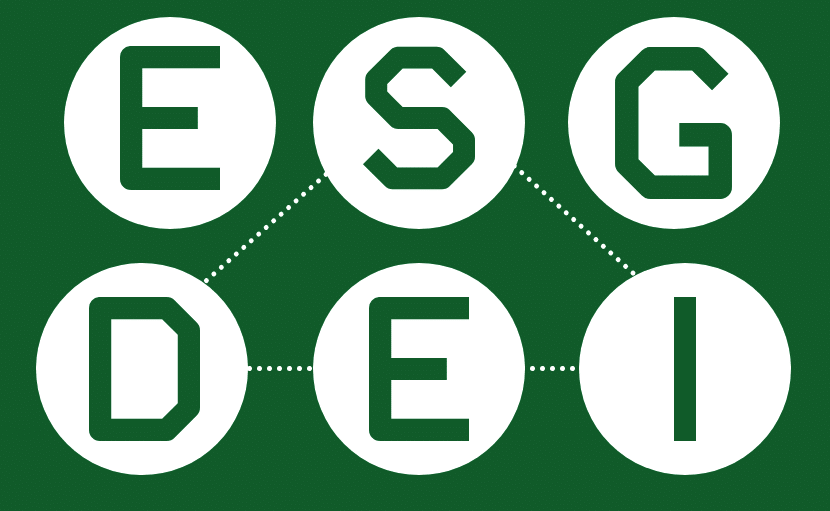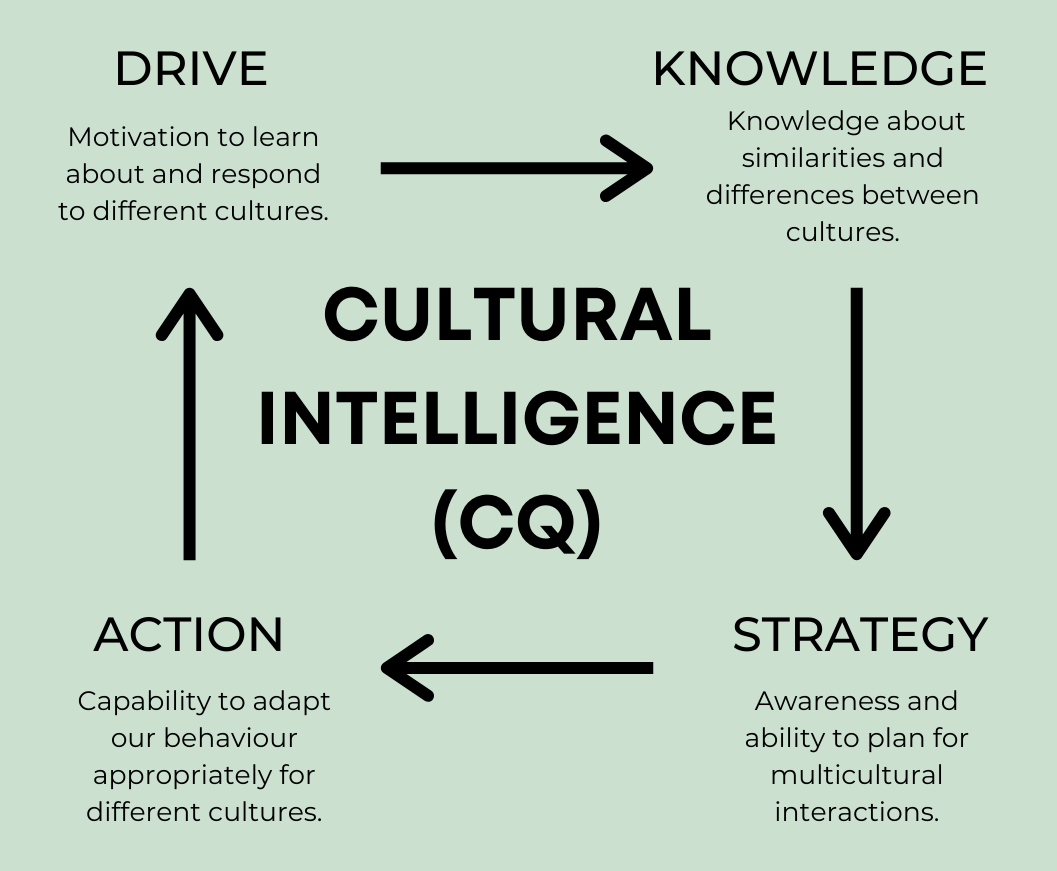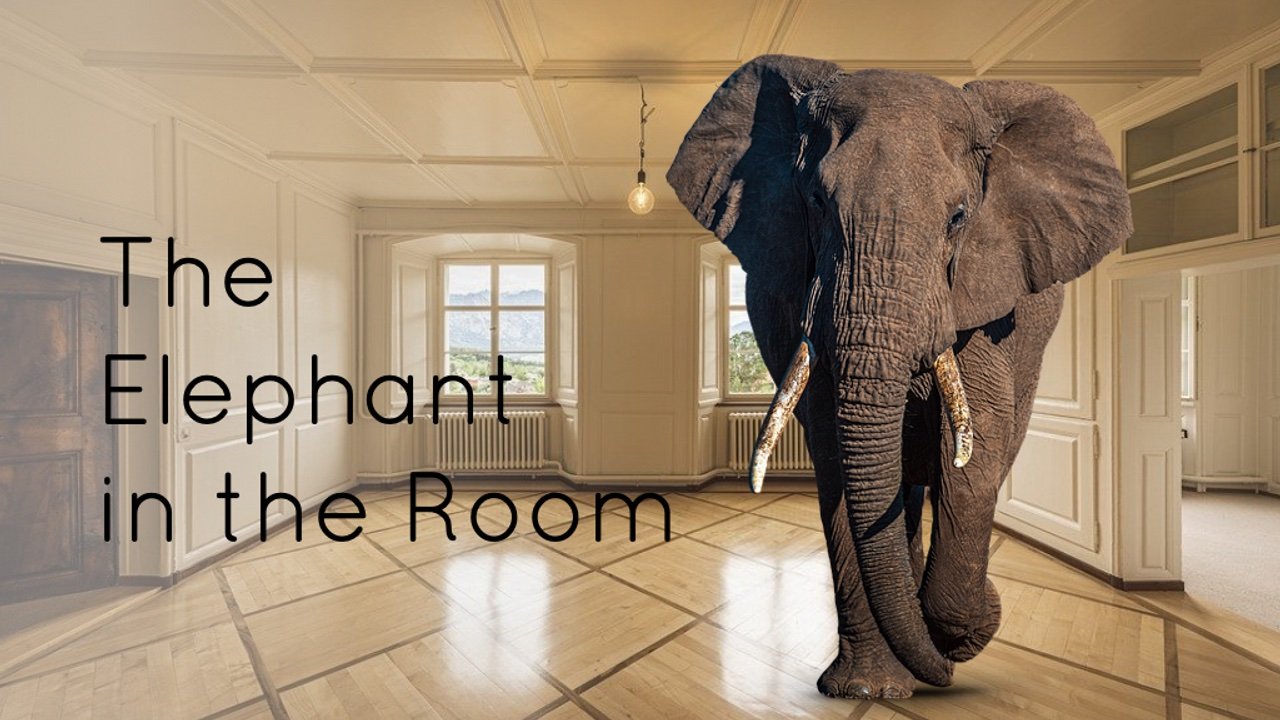Our identities are shaped by these mental models, defining how we see ourselves in the world. I've found that my most significant growth happens when I let go of these fixed ideas, acknowledging their limitations, and embracing the different perspectives. My strength lies in stepping outside my usual way of thinking to gain a broader understanding and discover new approaches. I think by questioning the question will challenge my own thinking patterns for deeper insights and should be applied to my intellectual mind.
Talking about habits
I think these are crucial habits for a high-value person:
- Discipline
- Working out
- Making money
- Control over lust
- Strong eye contact
- Good body language
““People do not decide their futures; they decide their habits and their habits decide their futures.””
The essence of our character
Two things define you in life:
Your patience when you have nothing, and
Your attitude when you have everything.
When you find yourself in moments of scarcity or when things aren't falling into place, your patience becomes a testament to your resilience and strength. It's during these times that your ability to endure, persist, and stay composed truly defines you. On the other hand, when you have abundance and success, your attitude speaks volumes about your humility, gratitude, and generosity. How you carry yourself, treat others, and handle success illuminates your true nature. It's easy to lose perspective or become complacent when surrounded by plenty, but maintaining a humble and gracious demeanour r reflects a deep-seated understanding of what truly matters in life. I think your ability to weather the storms with patience and your grace in times of plenty are the things that shape your identity and reflect the core values which will guide you through life's various stages and circumstances.
Driven with purpose
Some of our most impactful moments emerge amidst adversity, and these moments become part of our story, shaping our resilience, and fuelling our determination to persist. You will be unstoppable, if you create a purpose for the work that you are doing that is bigger than yourself. What a statement! Think about it, if you have a reason or story to keep showing up the daily grind will not be overwhelming or drain your energy. I think by anchoring your work to a purpose larger than yourself, you create a compelling story that keeps you going, driving you past obstacles towards meaningful achievements.
As a leader
In my role as a leader, humility shapes my approach, and I don’t think that I have all the answers. I have a huge thirst for learning, and I know that I can learn something from anybody, so it’s not about me, it’s about us. Embracing inclusivity defines my leadership style, manifesting in strategies and visions carefully woven with input from stakeholders and team members alike. This collaborative synergy ensures that perspectives are valued and integrated, nurturing a cohesive and dynamic collective vision.
Make more money
The ability to think silently is a powerful tool, allowing us to process ideas internally without verbalising them. On the other hand, when it comes to expressing those thoughts, words become essential. I think communication acts as the bridge between ideas and their manifestation, serving as the cornerstone for the highest levels of value creation. And in my experience, the best communicators with the best ideas are often the ones who achieve the greatest financial success.
Tips of the trade
Give your customer:
An idea of who you are
Why you do what you do?
Proof that you can be trusted, and that you know what you are talking about
Experience you cannot buy
You have to be remembered for your talent, skills and contributions rather than for the money you have earned. I think that if you are remembered for the opposite then that means all the work and effort that you put into your career would be reduced to an economic value. Contact me via e-mail to arrange a confidential meeting.
Seek liberation
I think self-awareness, understanding one's surroundings, and seeking meaning are fundamental to human existence. The way we perceive ourselves and the world around us shapes our experiences and influences our actions. And the foundation questions are:
Who am I?
Where am I?
And what is this thing all about?
Back in the days
I wrote this text in 5 years ago…
”SB Consultancy is a customer experience research and consulting firm that helps organisations become more customer-centric. My goal is simple: accelerate the path to delighting customers. I am a strategic optimiser, helping organisations improve business results by changing how they deal with customers. As part of this focus, I examine strategy, culture, interaction design, customer service, branding and leadership practices. I am passionate about spotting emerging best practices and helping companies master them and I also speak about these topics in keynotes and lecturing engagements.”
Increasing awareness
Since my school days, I have been passionate about nurturing people's development. And as a leader, I've always been mindful of this, always thinking, 'How can I empower and encourage my employees to reach their fullest potential?' I think that it's not solely about their performance but also about their personal growth, and I use coaching tools to enhance their development efficiently. And there is also the self-awareness dimension which is crucial, as this is where I not only learn more about myself but also continue to evolve and grow.
Developing good taste
Perfectionism is different from the concept of perfection. Perfectionism is the idea of holding back because you don’t want to proceed and using imperceptible flaws as an excuse to hold back. This is different from saying something is "not good enough." The words ‘good enough’ simply means it meets the required standards and it doesn’t have to be better because if it was better, it wouldn’t qualify as "good enough." I think the way to develop good taste involves actively sharing creations with the world, observing what connects and what doesn't and it's through this process that one refines their understanding of quality.
Make them feel comfortable
Sales involves both a systematic process and interpersonal skills, and effective salesmanship hinges on the art of listening and forming connections with people. The systematic approach entails initial connection, followed by an approach and conversation where you uncover insights about the individual. Understanding this process sets the stage for honing the necessary skills, and I think mastering the art of asking the right questions is pivotal, and this means knowing what to ask and what to avoid. Instead of focusing on oneself, it's crucial to frame questions that encourage individuals to share about themselves, as everyone loves to speak about their own experiences and perspectives.
The time is now
Environmental, Social, and Governance (ESG), represents a set of criteria used to evaluate how companies operate and impact the world beyond just making money. Where the "E" focuses on a company's environmental efforts, for example, its carbon footprint, energy use, or waste management. The "S" assesses its social aspects, for example, how it treats employees, engages with communities, and handles diversity and human rights. And lastly, "G" looks at governance, examining factors such as the company's leadership, ethics, transparency, and how it's governed and managed. ESG serves as a framework for investors and stakeholders to gauge a company's commitment to sustainability, ethical practices, and long-term viability beyond financial returns.
Are you interested in integrating DEI into your “S”?
I think companies who prioritise Diversity, Equity, and Inclusion initiatives are addressing social aspects by creating fairer and more inclusive workplaces, ensuring equal opportunities for employees regardless of their background, ethnicity, gender, or other identities. By integrating DEI into their ESG strategies, companies not only promote a more equitable society but also enhance their long-term sustainability. In my experience, I have found that these efforts lead to better decision-making, stronger employee engagement, and improved relationships with customers. Contact me via e-mail to arrange a confidential discovery meeting about your company’s performance and reputation.
Think before acting
Cultural intelligence (CQ) is an essential capability for inclusive leaders and in building successful relationships. Those who learn how to connect and become connectors will prosper in a connected economy.
““Cultural intelligence: an outsider’s seemingly natural ability to interpret someone’s unfamiliar and ambiguous gestures the way that person’s compatriots would.””
What are the 4 components of cultural intelligence?
The framework for cultural intelligence consists of four parts: knowledge, strategic thinking, motivation, and behaviours.
CQ Drive: The motivation to learn about new cultures.
CQ Knowledge: Understanding how cultures influence what people say and do.
CQ Strategy: Having a plan to respond to cultural differences.
CQ Action: Behaving in culturally sensitive ways, including handling any difficulties that arise.
This is revealing
Can you see your own blind spots?
The very notion of a blind spot means that we cannot see it ourselves, therefore, we often need an external perspective to identify them. For example, a trusted advisor, mentor or coach, somebody who can show us another set of lenses and partnerships are crucial to this journey as it’s really difficult to do this all on your own. A simple mathematics analogy, there are adders and subtracters, there are multipliers and dividers, and they are all around us - What do these people look like to you? What do you look like to them? What kind of energy are you bringing and what type of energy are you receiving? These types of journeys are much easier to take together in partnership with a coach or mentor, there is no recipe and there will be challenges along the journey. I do not have ‘a just do this solution’ as everyone is different.
As a coach I offer guidance, skill development, and accountability. Are you ready to look at your blind spots? Contact me via email arrange a short discovery meeting when you are ready for unbiased feedback,
The elephant in the room
Last week, the Danish Institute of Human Rights published their report highlighting the shocking state of affairs in Denmark regarding racial discrimination, and this has been well documented in the Danish media. It appears that there are many Danes and organisations who don’t want to ask the question, as they don’t want to face the facts because they know that they are going to have to do something. Conversations about race, class and gender in the workplace aren't easy and I think it’s essential to ensure people are seen and heard. Leaders usually listen with the prime objective to make things better and solve problems, sometimes all their team members want is to be heard. Contact me via e-mail to book a speech, workshop or coaching sessions.
Peace be with you
It's a long game
Research has shown that by simply providing information doesn't necessarily lead to behavioural change. I think while knowledge is valuable, changing behaviour often requires more than just information as human behaviour is complex, influenced by various factors beyond mere awareness. Effective behaviour change often involves a combination of factors for example, motivation, context, emotional connections, support systems, and practical tools or strategies.
“A large part of economic success is based on trust, in other words, do people trust you to fulfil your promises. ”
One my favourite actors
““My philosophy is:
What people say about me is none of my business.
I am who I am and do what I do.
I expect nothing and accept everything.
And that makes life easier.
We live in a world where funerals are more important than the deceased, marriage is more important than love, looks are more important than the soul.
We live in a packaging culture that despises content.””






















